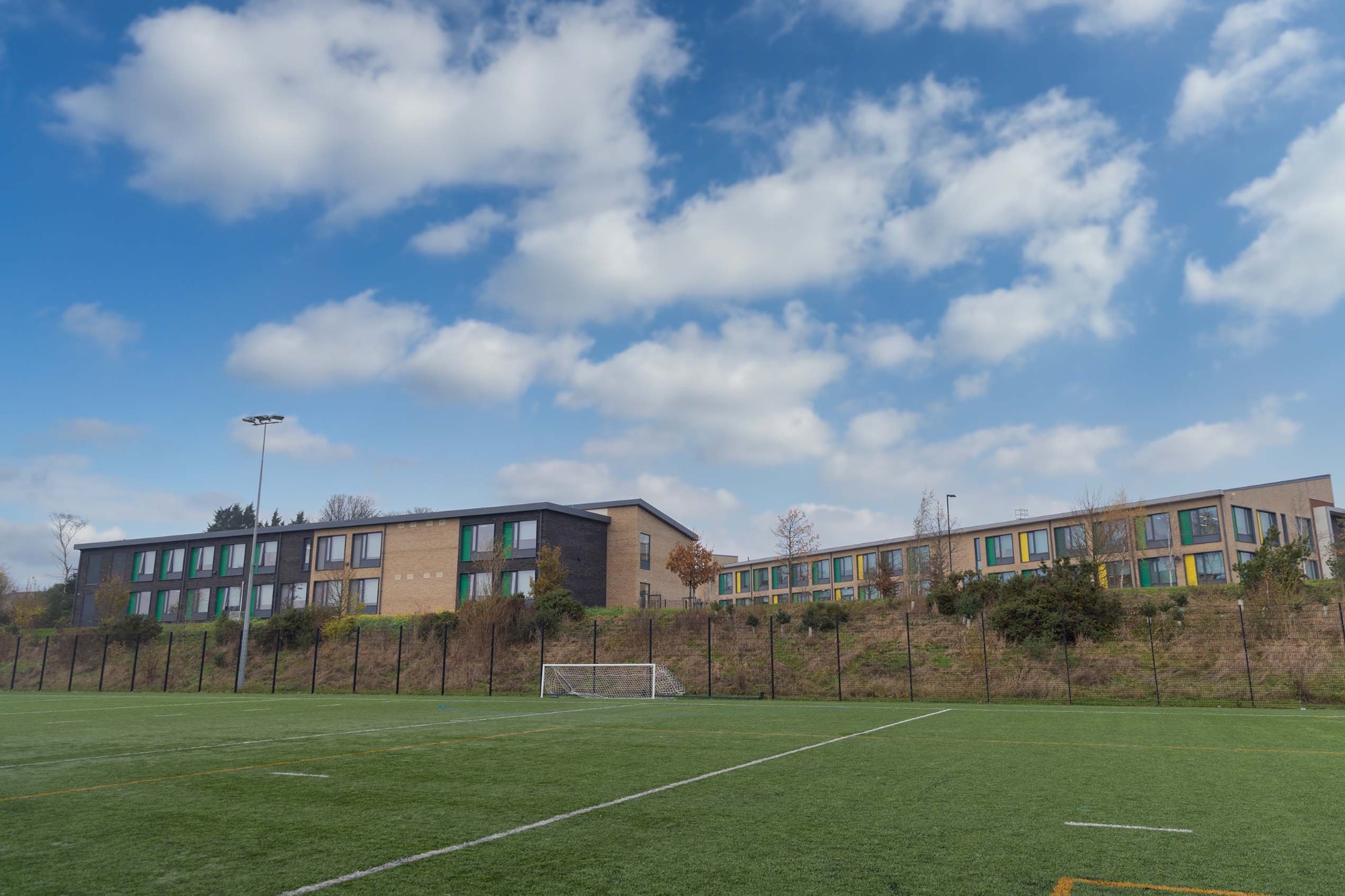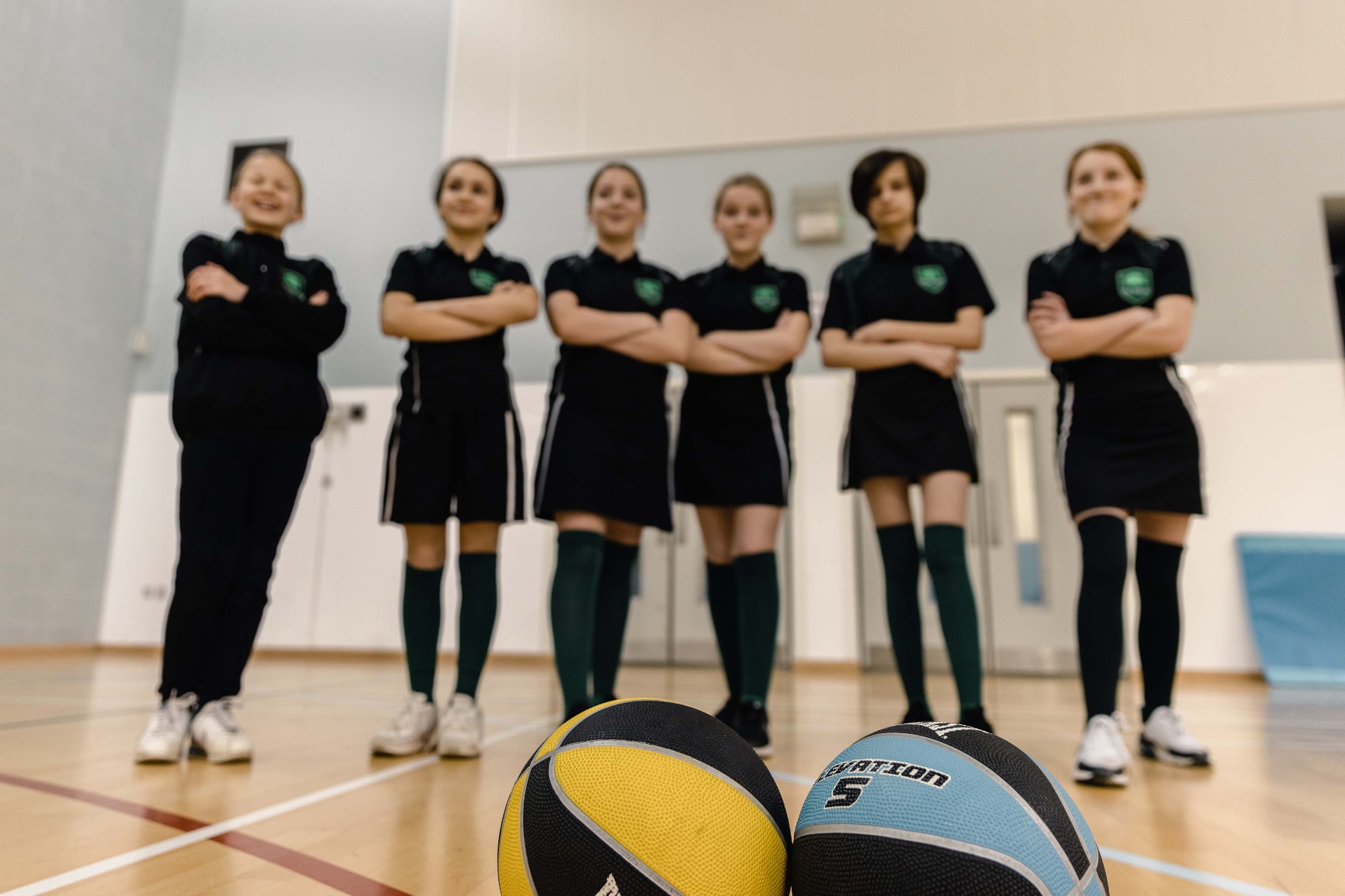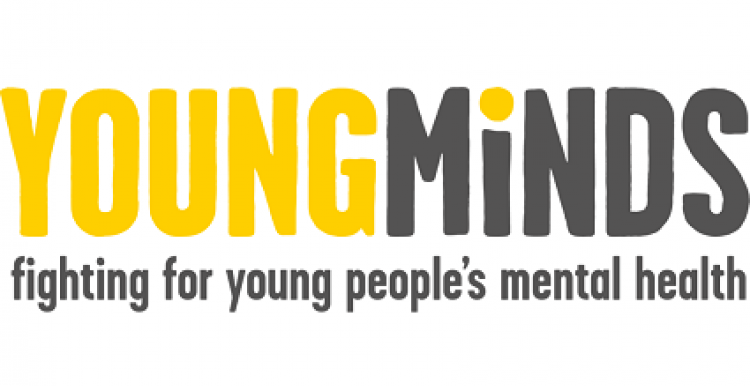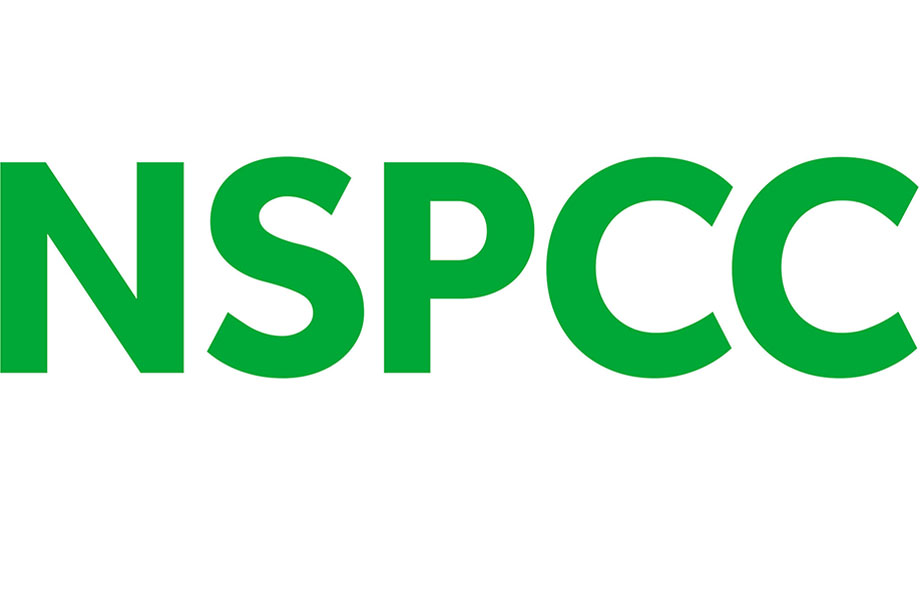
What is bullying?
Bullying is any persistent behaviour that is intended to hurt someone. It can happen anywhere – including at school, at work, online or at home. Examples of bullying include name-calling, making threats, being violent or aggressive, spreading rumours and undermining, humiliating, excluding or pressuring someone.
While lots of young people experience bullying, it is an incredibly difficult thing to go through and can have a huge effect on your child’s mental health and wellbeing. As a parent, it can also feel very challenging and worrying.
At The Telford Langley School we take a very serious approach to all forms of bullying and encourage parents to inform us as soon as they become aware of any situation that causes your child concern.
What to do if I think my child is being bullied?
Contact the school immediately, we have a team of student support officers who will listen, investigate and take action to support your child. You can complete the online form below or contact us directly.
Click here to report any incident of bullying
What other support is available?
There are a number of organisations that can support families and young people, please see the links below.
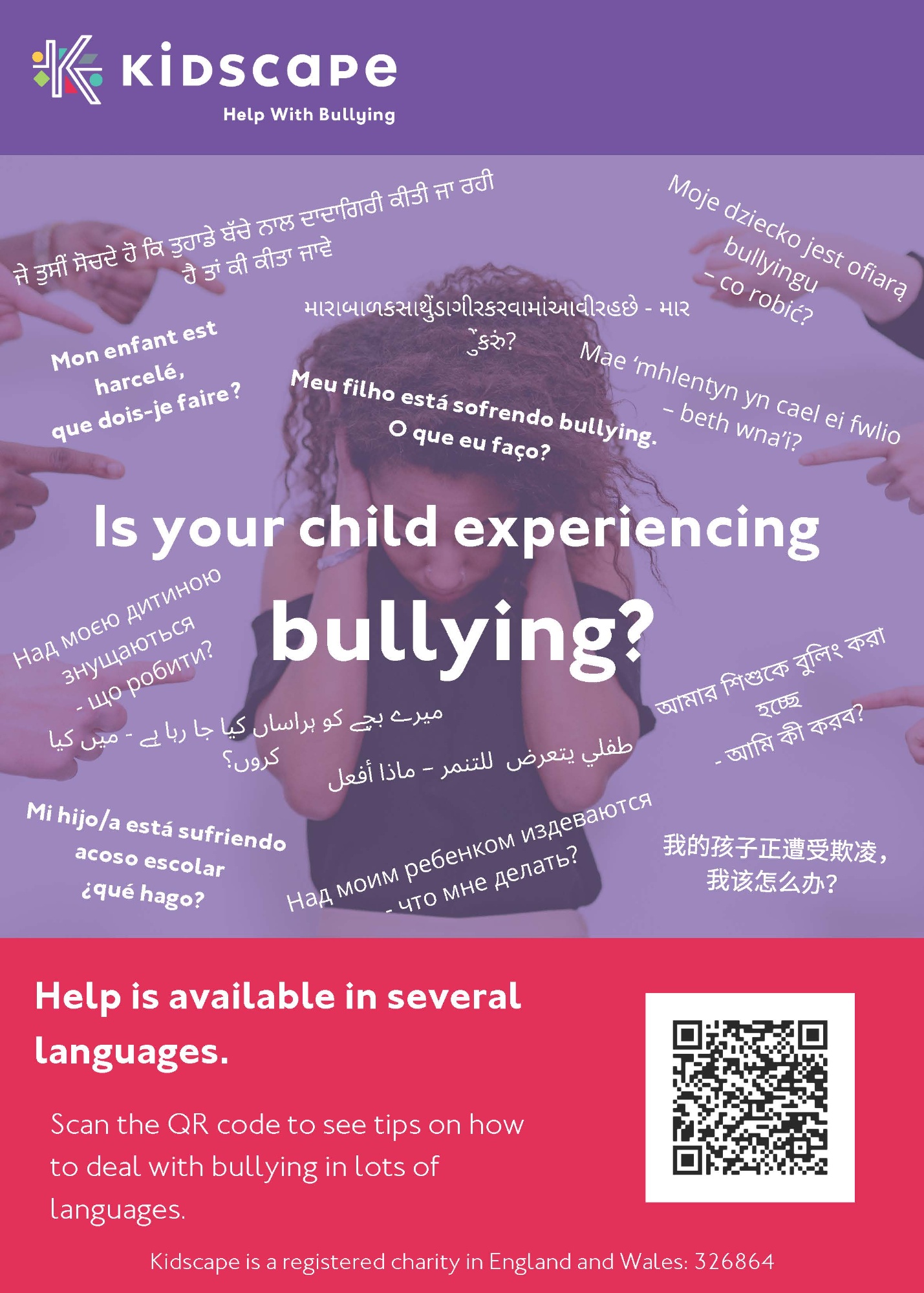
What to do if you think your child might be a bully
If you have just found out or suspect your child has been bullying others, it may be a shock and you may be at a loss on what steps to take. It is important to remain calm and not react in anger or frustration.
Key Points:
- It is important to calmly listen to what the school has to say about the bullying and ask for as much information you can on the incidents so you have all the information you need.
- Sometimes, changes or difficulties in a child's life could be behind a child behaving in a negative way. They may have unresolved feelings due to an upset or emotional issue which needs addressing.
- At some point, sooner rather than later, you will need to have a chat with your child about this. It is really important that you remain calm and get their side of their story
Find out all the facts
Your first reaction might be shock or anger that your son or daughter is being accused of bullying. It is important to calmly listen to what the school has to say about it and ask for as much information you can on the incidents. Find out how the school have addressed it. If the bullying is online, there may be further repercussions as it may have been reported to other authorities such as the social network site, gaming site, or even the police.
Talking to your child
At some point, sooner rather than later, you will need to have a chat with your child about this. It is really important that you remain calm and get their side of the story. Do not go in angry or they may shut off and not want to talk. Find out how they felt, what led up to these incidents and what they feel would help to resolve this. Explore the feelings of the person who has been bullied and ask your child how they think they would be feeling.
Letting your child know to expect some form of sanctions or consequences is essential to and remind them that this could impact on their future choices.
What could be behind their behaviour?
Sometimes, changes or difficulties in a child's life could be behind a child behaving in a negative way. Has there been changes in the family recently, a bereavement or conflict perhaps? Maybe they have experienced bullying or a need to belong to a certain friendship group. They may have unresolved feelings due to an upset or emotional issue which needs addressing. Whatever the cause may be, it is important to try and delve behind the behaviour to find out the root cause and help them find another way to deal with this, whether this is through counselling, support or an activity where they may be helping others.


